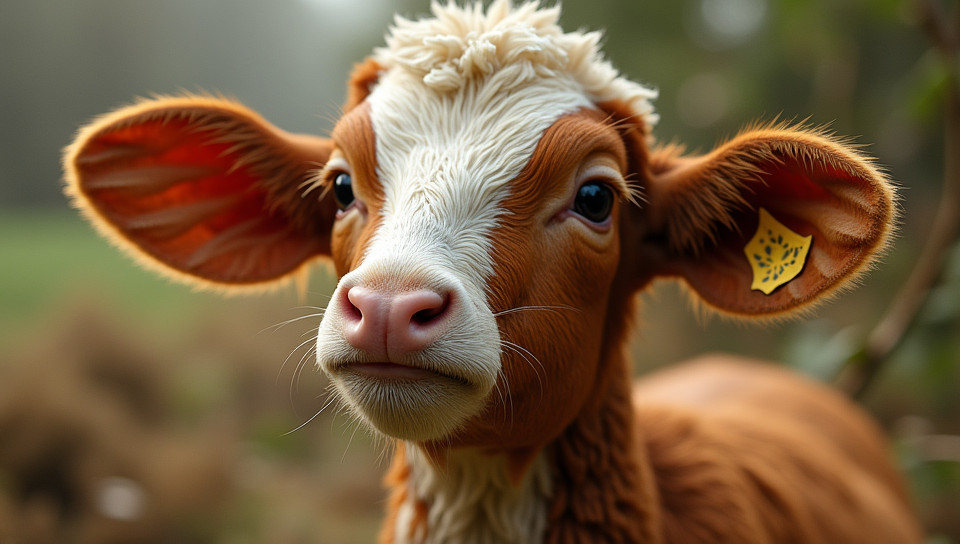Veganism does not necessarily exclude all animal by-products 79%

The Nuances of Veganism: Exploring Animal By-Products Beyond Our Expectations
As we navigate the complexities of modern diets, it's easy to get caught up in the notion that veganism is a straightforward choice between plant-based foods and animal products. However, this oversimplification ignores the intricate web of nuances within the vegan lifestyle. In reality, there are many animal by-products that can be found in everyday vegan products, making it essential for us to revisit our understanding of what it means to be a vegan.
The Origins of Veganism
Veganism has its roots in the early 20th century, when it was first coined by Donald Watson, the founder of The Vegan Society. Initially, the term "vegan" referred to a diet that excluded all animal products, including honey and dairy. However, as the movement gained momentum, definitions began to blur.
The Gray Area Between Veganism and Animal By-Products
One of the most significant debates within the vegan community is whether certain animal by-products are acceptable or not. Some argue that beeswax in cosmetics or refined sugar derived from bone char are minor concessions, while others believe these exceptions undermine the core principles of veganism.
Here are some examples of animal by-products that may surprise you:
- Honey: Often considered a staple in many vegan households, honey is actually an animal by-product. Bees collect nectar and convert it into honey through a complex process involving their enzymes.
- Refined sugar: Many sugar refineries use bone char to whiten the sugar, making it unsuitable for vegans who avoid animal products.
- Gelatin: Found in some vegan foods like marshmallows or gelatin desserts, this animal-derived ingredient is used as a gelling agent.
The Intersection of Ethics and Convenience
The presence of animal by-products in seemingly vegan products raises questions about the ethics of compromise. As consumers, we're often driven by convenience and affordability rather than strict adherence to our dietary choices. However, this willingness to bend can have unintended consequences for those who adhere to a more traditional understanding of veganism.
Reevaluating Our Choices
The inclusion of animal by-products in everyday products challenges us to redefine what it means to be a vegan. Rather than adhering to an inflexible definition, we must engage with the nuances and complexities of modern life. By embracing this ambiguity, we can foster greater understanding within our communities and encourage meaningful dialogue about the true implications of our choices.
Conclusion
Veganism is not a binary choice between plant-based foods and animal products; it's a nuanced journey that requires flexibility, empathy, and self-awareness. As we navigate the intricacies of animal by-products in everyday life, let us strive to prioritize compassion, education, and inclusivity above all else. By embracing this multifaceted approach, we can create a more vibrant and compassionate vegan community that truly reflects the complexity of our world.
- Created by: Angela Francisco
- Created at: Jan. 27, 2025, 11:25 a.m.
- ID: 19143









